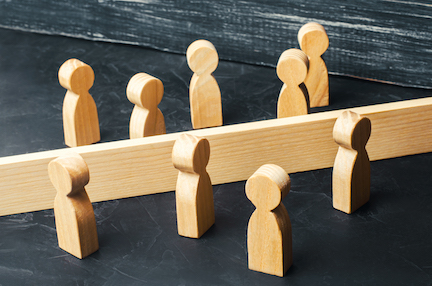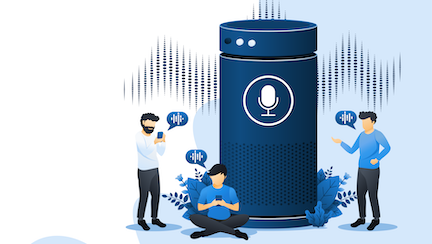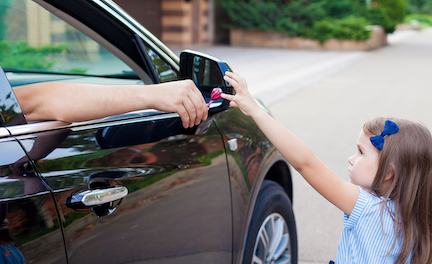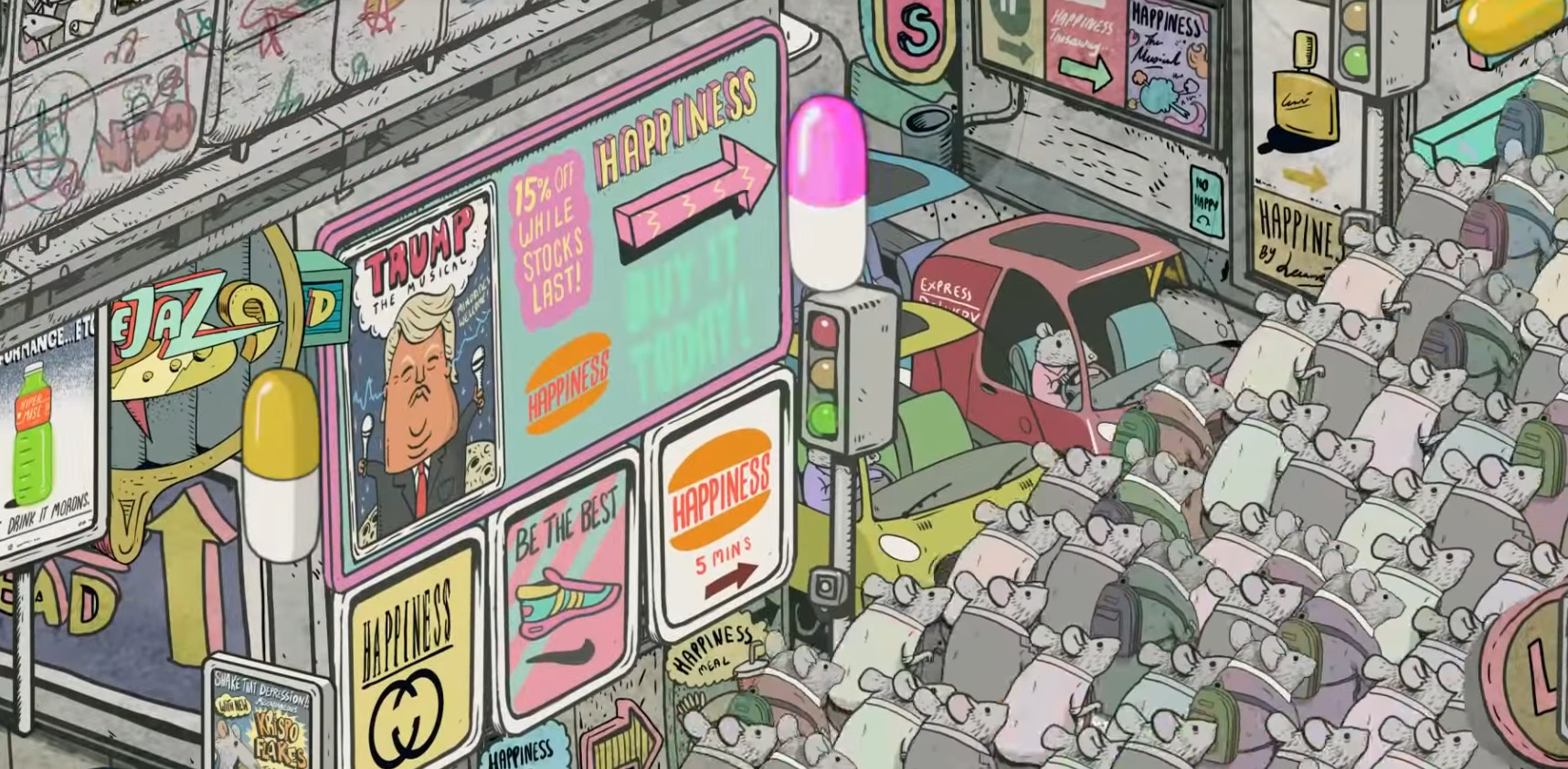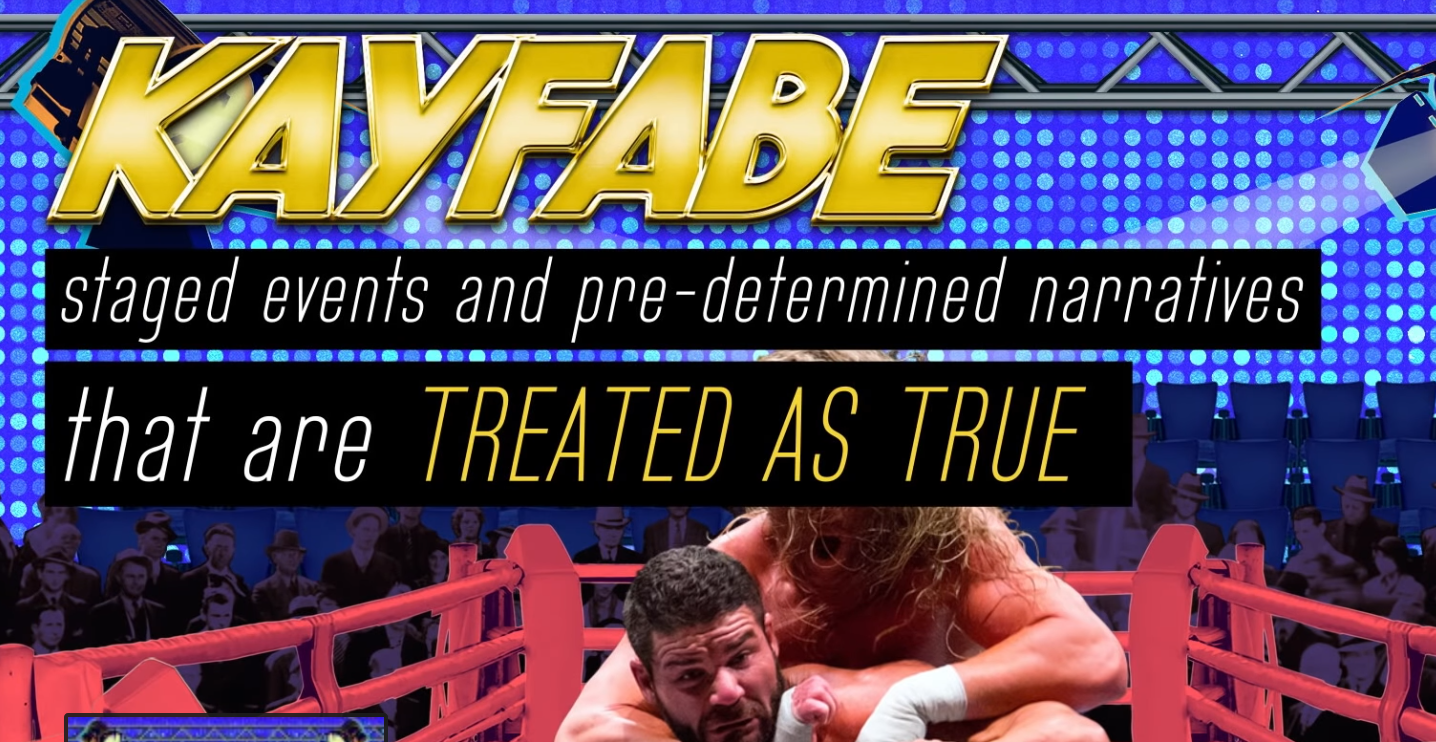
Freedom, Growth and Control. Pick two. The dilemma of social media platforms.
Social media companies offer a service. There’s the old saying about having a product or service that is offered to you. The options are fast, better and cheap. Pick two.
As consumers, we often accept making this choice because we know that most gains in life come via an exchange of some other resource or capability. For sports, that might be sacrificing personal time partying in order to practice and exercise.
In business, that might be forsaking free time with family to make sure you’re ready to crush that next business meeting.
Social media companies are forced to make a similar trade off.
To keep achieving record growth, social media companies like Facebook and Google have to make sacrifices, too. For them, the “pick two” is among the choices of freedom, growth, and control. So what do they pick?
Why do social media companies pick growth?
It’s the most obvious choice for any business. A big desire among many social media companies and tech startups is to scale (that is, expand their concept to the largest audience without major changes). Many have. In 15 years, Facebook’s social sharing platform now has 2.23 billion users. Google/Alphabet’s YouTube video platform has 1.9 billion. Facebook’s Instagram picture-sharing platform has 1 billion users.
Growth gives these social media companies audience sizes that make marketers salivate, as well as enable those social media firms to command sales and market-influencing power. The scale from growth also allows these companies to amass so much data to be able to extract more precise insights, give them a competitive advantage, and better products.
Ok, social media companies need to pick growth, so that choice is off the table. That leaves them in the position to pick between the last two. “Freedom” and “Control.”
Why do social media companies pick freedom?
Because, it’s the special sauce that’s driving social media company growth. Companies like Facebook, Twitter and YouTube thrive from being platforms that give users, content creators and marketers wide latitude in creating content, distributing content, and leveraging information about users.
Like beauty, freedom is in the eye of the beholder. The joys of freedom often depends on if you are the beneficiary or if you are the endpoint of the consequences from exercising freedom. Remember, an environment where you do anything can also mean anything can happen to you.
In a “do-what-you-want” environment, we have the freedom to post salacious, false or slanderous news stories on a platform for the benefit of revenue driving clicks.
My extraction of that revenue has the freedom to ignore the externalities (activities that affects other parties without this being reflected in the cost of the goods or services involved).
As externalities, the subjects or topics of those posts may absorb the injury to their work or reputation or the feeling of fear as an external cost of that freedom. Our current president has the ability to say whatever he wants, including information without evidence, that ravish companies stock prices or drive death threats.
While freedom for users and social media companies is an opportunity for some and the ability to power growth, the lack of rules and boundaries also leave space for our worst human weaknesses and moral shortcomings. Spaces where hate groups, counterintelligence for nation states, scammers and political operatives have found a comfortable home.
If you are a parent, you’ve likely seen how fast a child can go from watching videos of something like Happiness Junction to sexually explicit or propaganda or hate content pretty quickly.
Or we’ve seen companies simply execute morally questionable acts to have the freedom to do what they want, through the mantra of “do it now, seek forgiveness later.”
These platforms have given groups and individuals the freedom to do things hateful, legal, obscene. Even creating weaponized content to attack people and destabilize the elections of countries.
And it’s the environment that has made them and the platform they use successful. And some would like to keep that model.
The 2016 election opened politicians’ and nations states’ eyes to the power of Facebook and Twitter to influence public opinion. It’s the freedom that makes social media an open source hack on democracies, citizens and public opinion.
Why do social media companies (not) pick control?
Because social media companies don’t want to admit it outright but control is the party crasher of their business model. It affects both the profit and benefits that come from freedom and growth. Especially as their profits and growth are coming from the individuals and groups that would most likely suffer under controls.
Hate groups. Propaganda specialists. Counterintelligence. And those kids in Moldavia making fake news Facebook posts for money. They may have different goals but they all do one thing well. They know how to create content that users click on. It’s what drives Facebook posts (sorry to you cat photos).
To enact effective controls that would impede that ability is not just hurting those content creators, but also the social media companies’ whose revenue depends on building an audience around that questionable content.
They clearly know this. And when prompted, the social media companies wash their hands of any responsibility for control. Usually in some form of, “Don’t’ look at us. We’re just a platform.” Within that response is the abdication of control.
Or in Facebook’s case, when they promise more controls they make those controls hard to use and find. Gee, it’s almost like they don’t want control. But instead, offer the illusion of control.
YouTube, who has had a problem with hateful and racist content, has been reported that the company’s president has ignored or pushed back on employees who have worked on attempts to reduce such content.
Because it makes money from scale (large audiences to mine and advertise to) and freedom, the ends justify the means to drive revenue.
Whether you are a hamburger franchise or a social media company, scale is critical. Scaling the same hamburger and fries to billions is not a problem and drives consistency. See McDonalds. However, scaling all the emotional mess and drama of human beings is difficult for social media platforms because we humans refuse to be consistent and orderly. Not more of the same sandwiches, it’s more “crazy” people.
Social media companies have already chosen.
Problem is social media finds it hard (or less profitable) to exert control, because control takes away the freedom that allows such (profitable) elements. The most vile or manipulative are often some of the most successful at getting clicks and views to use and monetize their platforms.
Growth and freedom. We pick you. Sorry ‘bout that control. Maybe next time.


